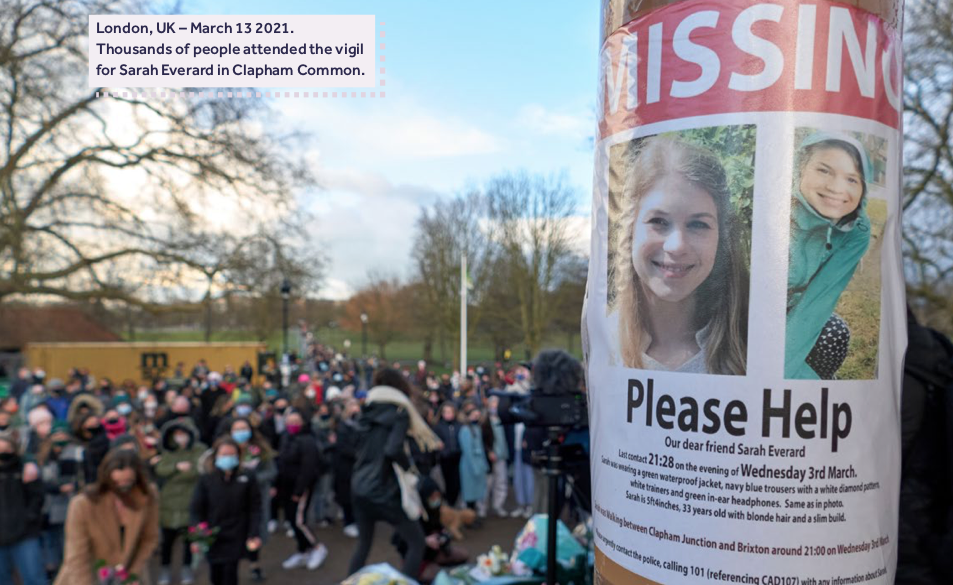More than 200 victims of domestic abuse by police officers have contacted the legal charity Centre for Women’s Justice since it published its super-complaint in March 2020 – as reported here. A new report from the CWJ by the Bureau of Investigative Journalism drawing on freedom of information requests reveals two police forces each have an officer facing more than 15 allegations. One woman’s abuser was promoted to the rank of Chief Inspector, despite having two entirely separate rape allegations against him from two people who had no prior knowledge of one another.
The report tracks changes to the way police perpetrated domestic abuse (PPDA) has been addressed by the police nearly five years on from the super-complaint and reveals, according to CWJ, ‘shocking levels’ of abuse by officers and police forces ‘struggling to tackle the abuse of power or recognise that abuse off duty must be addressed’. According to the new research, are than four out of ten (45%) of the women who came forward were police officers or staff and frequently reported victimisation if they dared to report a fellow officer. CWJ argue that the law as it currently stands ‘affords them lesser rights than ordinary members of the public’ as they are precluded under the Police Reform Act 2002 from making a complaint against a member of their own force.
A new report shows shocking levels of domestic abuse by police officers
How do the police deal with it? @HWistrich from @centreWJ explains#KayBurley EB pic.twitter.com/GpVTUbqFvq
— Kay Burley (@KayBurley) September 18, 2024
‘There are entrenched cultures within policing that are resistant to change and without energetic intervention they will continue to harbour misogyny and cover up wrongdoing,’ said Harriet Wistrich, CWJ’s director. ‘The police and those investigating and recommending change must listen to the voices of victim/survivors in order to understand the extent of harm and failure, if they ever hope to restore trust. Our report proposes a series of recommendations for reform but it may be that something more radical needs to happen to the institution of policing to tackle the scale of problems we have seen from the ground.’
In 2018, CWJ became one of 18 groups capable of making a police ‘super-complaint’ – a then new mechanism introduced to address systemic issues in policing. According to Wistrich in the report’s introduction, it ‘soon became clear to us’ that the issue of PPDA was ‘ripe for tackling by way of a super-complaint’. She continued: ’In March 2020, we submitted a super-complaint which, at the time, included 19 case studies and which highlighted a series of problems and recommendations for reform. Publicity about the super complaint led to many women, unsolicited, coming forward to CWJ to report similar experiences and sometimes to seek legal advice.’ This was the year before the abduction, rape and murder of Sarah Everard.
The Bureau of Investigative Journalism conducted Freedom of Information Act requests in respect of officers who faced multiple allegations of sexual offences in the seven year period from 2017 to the end of 2022 revealing that 27 forces had at least one officer with more than one such allegation against them; four forces had at least one officer who faced more than five; and two forces each had an officer who faced more than 15 sexual offence allegations.
The CWJ is calling for systemic change including the introduction of a bespoke reporting channel for PPDA in order ‘to secure the trust of victim/survivors’; the investigation of cases by an external force; as well as external disciplinary procedures and Independent Office for Police Conduct (‘IOPC’) oversight.







